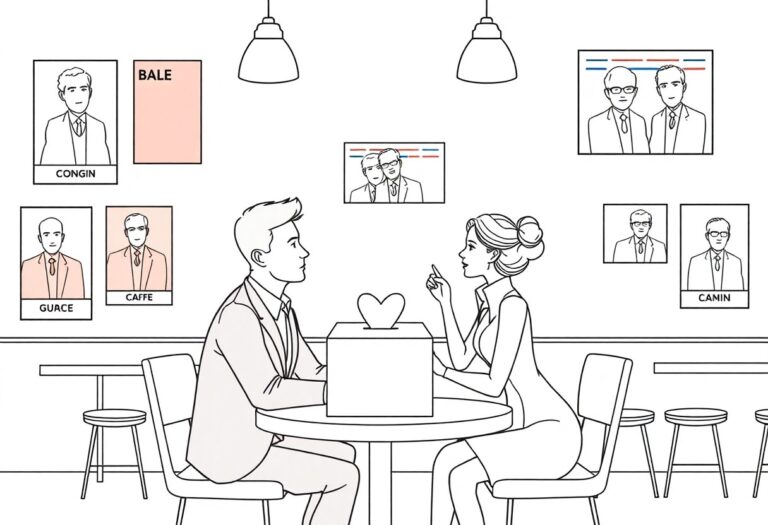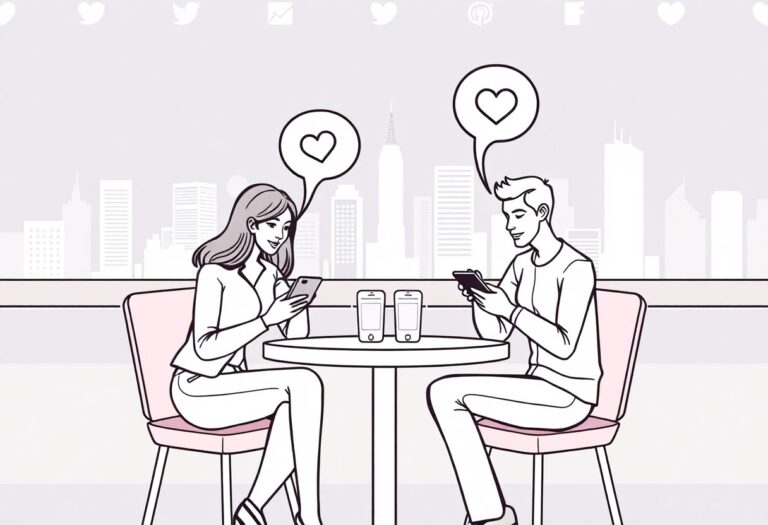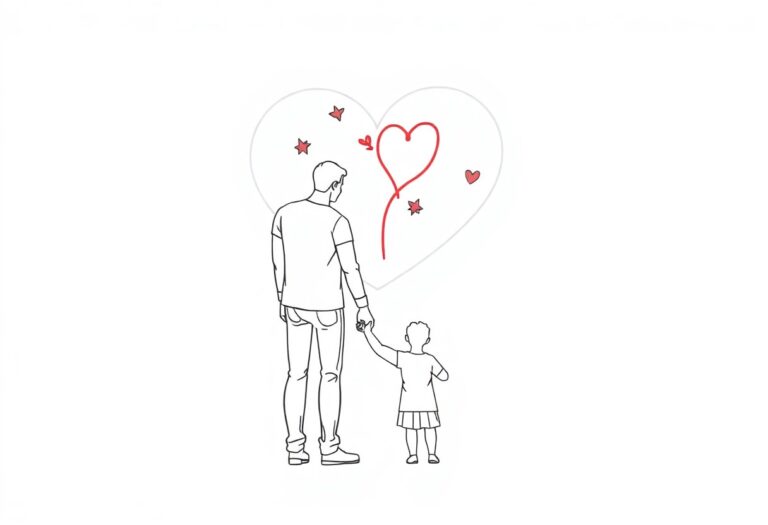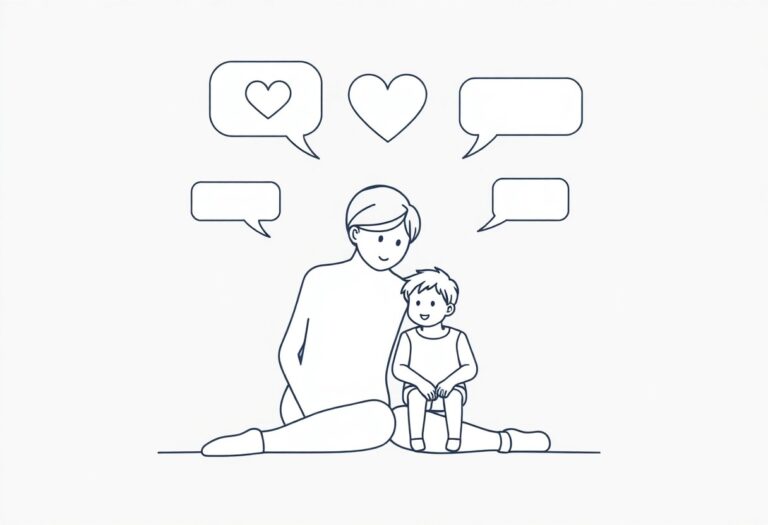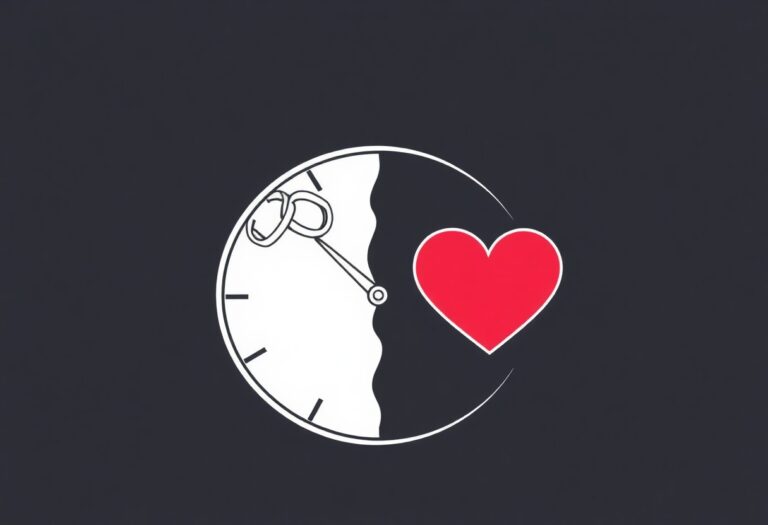The Hidden Truths of Modern Dating
Just when you think you understand the landscape of modern dating, it reveals a complex web of deception and opportunity. Your experiences may involve navigating through ghosting and swipe culture, which can skew your perceptions of relationships. It’s important to recognise how online interactions can distort reality while also offering unique chances for connection. By exploring these hidden truths, you can better equip yourself to make informed decisions and enhance your dating journey.
Key Takeaways:
- Modern dating often involves a significant reliance on technology and social media, impacting interpersonal connections.
- The prevalence of online dating applications has transformed how relationships are initiated and developed.
- Communication styles have evolved, leading to a rise in ghosting and breadcrumbing as common practices in dating.
- Expectations around relationships can be unrealistic due to curated online personas and filters.
- People are increasingly prioritising self-exploration and personal growth over traditional dating timelines.
The Evolution of Dating
Historical Perspectives
Dating has transformed dramatically over the centuries, shifting from formal courtship rituals to more casual encounters. In the past, marriages were often arranged for economic or social gain, limiting the scope of personal choice. With the rise of individualism, the emergence of the dating culture in the 20th century empowered you to explore emotional compatibility and romantic desires, allowing you to forge connections based on attraction rather than obligation.
The Impact of Technology
Technology has fundamentally reshaped how you approach dating, providing both opportunities and challenges. Online dating platforms, dating apps, and social media have made it easier to meet new people, yet they often encourage superficial connections over meaningful interactions.
The advent of dating apps like Tinder and Bumble has revolutionised the way you find potential partners. In 2021, over 40 million Americans reported using online dating services, indicating a substantial shift in your dating habits. This digital landscape allows for quick decisions based on profile pictures and brief bios, often leading you to prioritise attractiveness and convenience. However, such platforms can foster a sense of objectification, where you might feel less connected to others, struggling to navigate the paradox of having endless options yet feeling more alone than before. Engaging meaningfully in this environment requires discernment and awareness of the impact technology has on your dating life.
Psychological Aspects of Modern Dating
Understanding the psychological aspects of modern dating reveals deep-seated influences that impact your relationships. Factors such as attachment styles, self-esteem, and societal expectations play significant roles in how you navigate romantic connections. Awareness of these elements can help you foster healthier interactions and make more informed choices in your dating life.
Attachment Styles
Attachment styles developed in childhood can profoundly affect your romantic relationships. You may identify as secure, anxious, avoidant, or disorganised, each influencing how you connect with partners. Recognising your own style and that of your partner can illuminate patterns that may contribute to conflict or intimacy in your relationships.
Self-Esteem and Dating
Your self-esteem significantly shapes your dating experiences. A healthy sense of self-worth can empower you to pursue fulfilling relationships, while low self-esteem often leads to settling for less or tolerating unhealthy dynamics. Understanding this link is vital for building stronger connections.
Low self-esteem can manifest in various ways during dating, such as fear of rejection or difficulty asserting your needs. You might find yourself overly accommodating to gain approval or staying in unsatisfactory relationships, not believing you deserve better. On the other hand, high self-esteem fosters assertiveness and encourages pursuing relationships that support your happiness. By recognising and nurturing your self-esteem, you can create a positive cycle that enhances both your dating experiences and overall well-being.
The Role of Social Media
Modern dating is heavily intertwined with social media, affecting how you present yourself and perceive others. The platforms you choose can enhance visibility but may also inflate unrealistic expectations. Navigating this digital landscape requires understanding the balance between authentic interaction and curated appearances, as well as the impact of likes, comments, and shares on your self-esteem and relationship dynamics.
The Influence of Online Profiles
Your online profile serves as a digital first impression, often determining whether potential partners feel intrigued or indifferent. Photos and bios can bolster your desirability, yet they may also misrepresent your true self. A study shows that profiles with genuine content attract more meaningful connections, emphasising the importance of authenticity over superficiality.
Managing Expectations
In online dating, expectations can run rampant, often skewed by filtered images and highlight reels. Your perception of what constitutes a ‘perfect match’ can become distorted, leading to disappointment. Keeping a grounded outlook allows for more fulfilling interactions, as it encourages an appreciation for the unique qualities individuals possess, beyond mere aesthetics.
Managing expectations involves recognising the curated nature of social media. You might find yourself comparing your experiences to polished portrayals of others’ relationships, potentially fostering dissatisfaction. Statistics show that around 70% of users feel pressure to present an idealised image online, which can lead to unrealistic standards. By practising self-awareness and focusing on genuine connections, you can develop healthier relationships that honour both your needs and those of others, paving the way for more rewarding dating experiences.
Dating Apps: Boon or Bane?
Discovering the role of dating apps in contemporary romance reveals a dual-edged sword. While they can facilitate connections that might not occur in real life, the implications of their use provoke much debate. You might find convenience, but also a sense of overwhelm in the seemingly endless swipes and options.
Advantages of Dating Apps
Dating apps offer unmatched convenience and accessibility, allowing you to connect with potential partners outside your immediate social circle. They present opportunities to meet like-minded individuals based on shared interests and preferences, often increasing the chances of finding a suitable match compared to traditional dating methods.
Common Pitfalls
Despite their benefits, dating apps are rife with potential hazards. Many users face issues such as ghosting, misrepresentation, and superficial interactions that undermine genuine connections. These pitfalls can lead to frustration and disillusionment, impacting your overall experience.
Ghosting tops the list of frustrations on dating apps; studies suggest that nearly 80% of users have experienced it. Misrepresentation is equally concerning; many profiles may not reflect reality, leading to disappointing first dates. Superficial swiping fosters a culture of instant gratification, where meaningful conversations are often sidelined in favour of quick matches. You may find that these behaviours contribute to a feeling of isolation, despite being connected virtually to countless people.
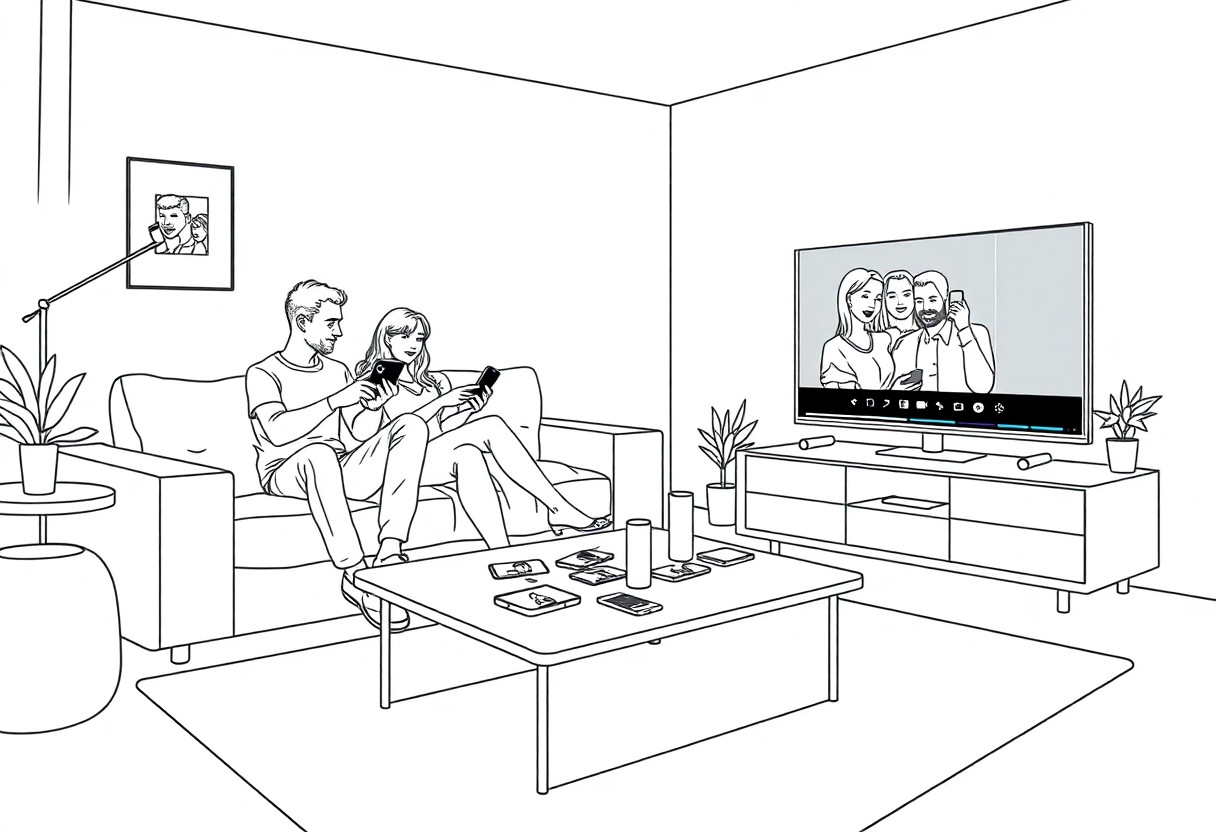
Navigating Relationships in a Digital World
Your journey through modern relationships is largely shaped by technology, which drastically alters how you interact. Digital platforms create opportunities for connection but also complicate how you manage your emotions and expectations. The transient nature of online interactions can lead to misunderstandings, often leaving you questioning the sincerity of your partner’s intentions.
Communication Challenges
Text messages and social media posts often lack the nuances of face-to-face conversations, making misinterpretations common. Without tone or body language, you might find it challenging to express your feelings accurately, leading to unnecessary conflicts or confusion. Dating in this digital landscape demands proactive clarification to avoid assumptions about each other’s meanings.
Establishing Boundaries
Defining personal boundaries can be more complicated than ever in a digital context. You may feel pressure to be constantly available, leading to anxiety and strain in your relationships. By being explicit about your needs, such as personal time or social media privacy, you protect your mental well-being while fostering healthier connections.
Setting clear boundaries is vital for maintaining balance in your digital interactions. For instance, if you share your location or daily activities on social media, informing your partner about the extent of your privacy expectations prevents overstepping. You should articulate your comfort levels regarding communication frequency or the sharing of personal information. By doing so, you establish a mutual understanding that enhances trust and respect in your relationship, enabling both partners to navigate this complex landscape with greater ease.
The Importance of Authenticity
Authenticity shapes the foundation of meaningful relationships in modern dating. Embracing your true self not only attracts genuine partners but also fosters deeper connections. In a world saturated with filtered images and curated personas, unveiling your authentic self becomes a radical act, allowing others to see the real you rather than a constructed identity.
Being True to Yourself
Being true to yourself means embracing your values, interests, and quirks without compromise. This authenticity resonates with potential partners, creating an environment of trust and openness. When you express your genuine self, you filter out those who do not align with your true identity, saving time and emotional energy in the dating process.
The Dangers of Facades
Facades can create a misleading perception that ultimately undermines your dating experiences. When presenting a false self, the risk of disconnection and disappointment escalates. By masking your true identity, you may attract partners who are drawn to a persona rather than the real you, leading to inevitable conflicts once the truth surfaces.
The dangers of facades extend beyond mere disappointment; they can lead to emotional exhaustion and a lack of fulfilment in relationships. Maintaining a façade requires constant upkeep and can result in significant stress as you juggle the demands of a false self. Studies indicate that individuals who prioritise authenticity in relationships experience higher levels of happiness and satisfaction, emphasising that genuine connections thrive on honesty rather than imitation. Allowing your true self to shine through not only invites real intimacy but also cultivates relationships built on mutual respect and understanding.
Conclusion
Hence, as you navigate the complexities of modern dating, it is vital to recognise the hidden truths that influence your experiences. From the impact of social media on relationships to the importance of effective communication, understanding these dynamics can significantly enhance your dating journey. Embracing authenticity and remaining aware of your own intentions will empower you to make informed choices, ultimately leading to more meaningful connections.
FAQ
Q: What are the common misconceptions about modern dating?
A: Many people believe that online dating is only for people who struggle to meet others in real life. However, online platforms offer a convenient way for busy individuals to connect and explore potential relationships. Another misconception is that dating apps promote casual encounters; many users seek meaningful connections.
Q: How has technology influenced dating practices?
A: Technology has revolutionised dating through the advent of dating apps and social media, allowing people to connect over long distances and find matches based on shared interests and values. Video calls and virtual dates have also become more common, enabling deeper connections before meeting in person.
Q: What role does communication play in successful modern dating?
A: Effective communication is vital in modern dating. Open, honest conversations about intentions, feelings, and boundaries are important for establishing trust and understanding. Miscommunication can lead to misunderstandings and hurt feelings, making clear dialogue necessary for fostering a healthy relationship.
Q: What challenges do individuals face in the dating landscape today?
A: Individuals often encounter challenges such as ghosting, where one person suddenly cuts off all communication. Additionally, overwhelming choices on dating apps can lead to decision fatigue, making it difficult to form meaningful connections. There is also the pressure of presenting an idealised self online versus real-life interactions.
Q: How can one navigate the emotional complexities of modern dating?
A: To navigate emotional complexities, individuals should prioritise self-awareness and self-care. Being clear about personal needs and expectations helps in making informed choices. Engaging in open dialogue with potential partners about feelings and experiences can also reduce anxiety and promote healthier connections.

